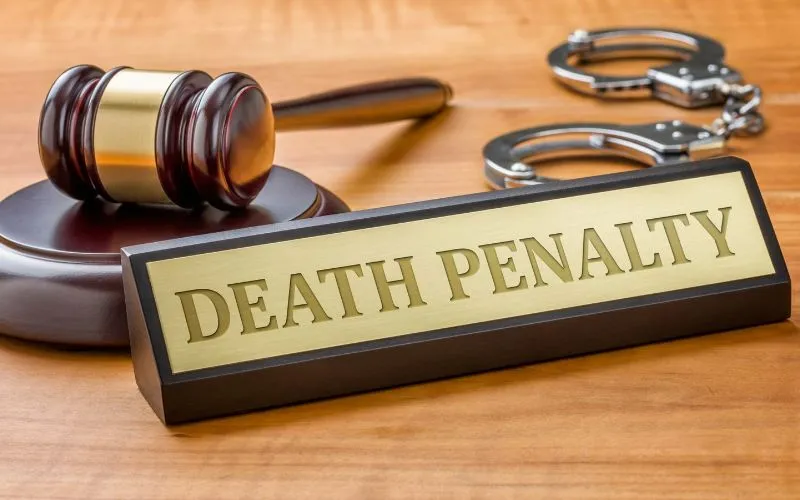Kinshasa, 20 March, 2024 / 8:50 pm (ACI Africa).
The decision by the government of the Democratic Republic of Congo (DRC) to lift a 2003 ban on the death penalty is retrogressive, the Local Ordinary of the country’s Kinshasa Archdiocese, Fridolin Cardinal Ambongo, has said.
In a statement issued March 13, DRC’s Justice Minister, Rose Mutombo announced the lifting of the two-decade-old moratorium on the death penalty in the Central African nation.
Minister Mutombo has been quoted as saying that “acts of treachery or espionage have taken a toll on the population and the Republic”, and that the restoration of the death penalty is to “rid our country’s army of traitors… and curb the upsurge in acts of terrorism and urban banditry resulting in death.”
In a March 17 interview with the French-language Catholic television channel, KTO, Cardinal Ambongo faulted the Minister’s pronouncements, saying he finds it “abnormal that a government that claims to be responsible could take such a decision.”
“This is a step backwards! I don't think that a responsible government can raise such an option to punish people who are called traitors,” he said, adding, “First of all, on the notion of traitors, we must first agree on what that means. And when I look at the reality here in the Congo, the great traitors to the country are precisely those in power.”








